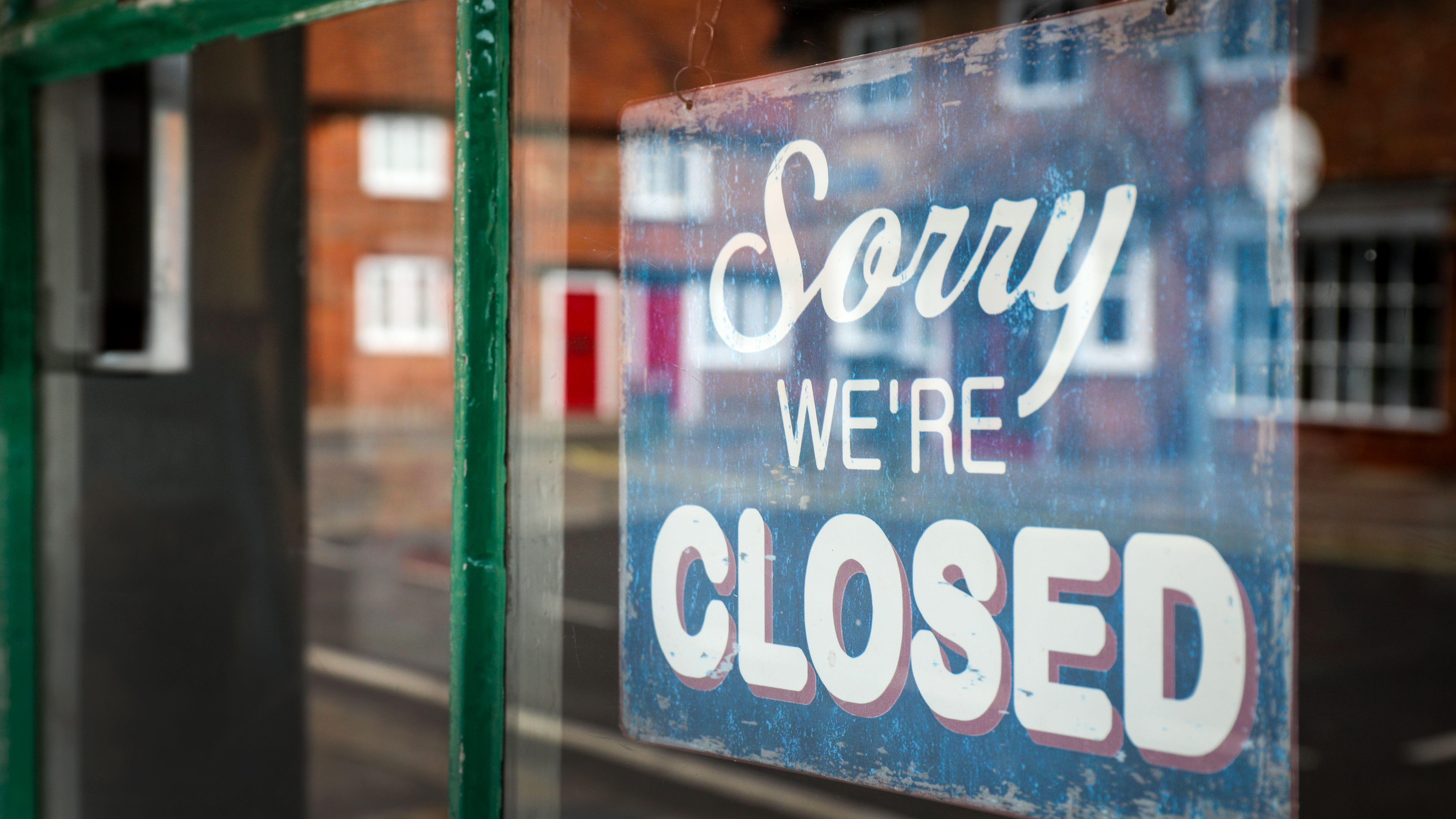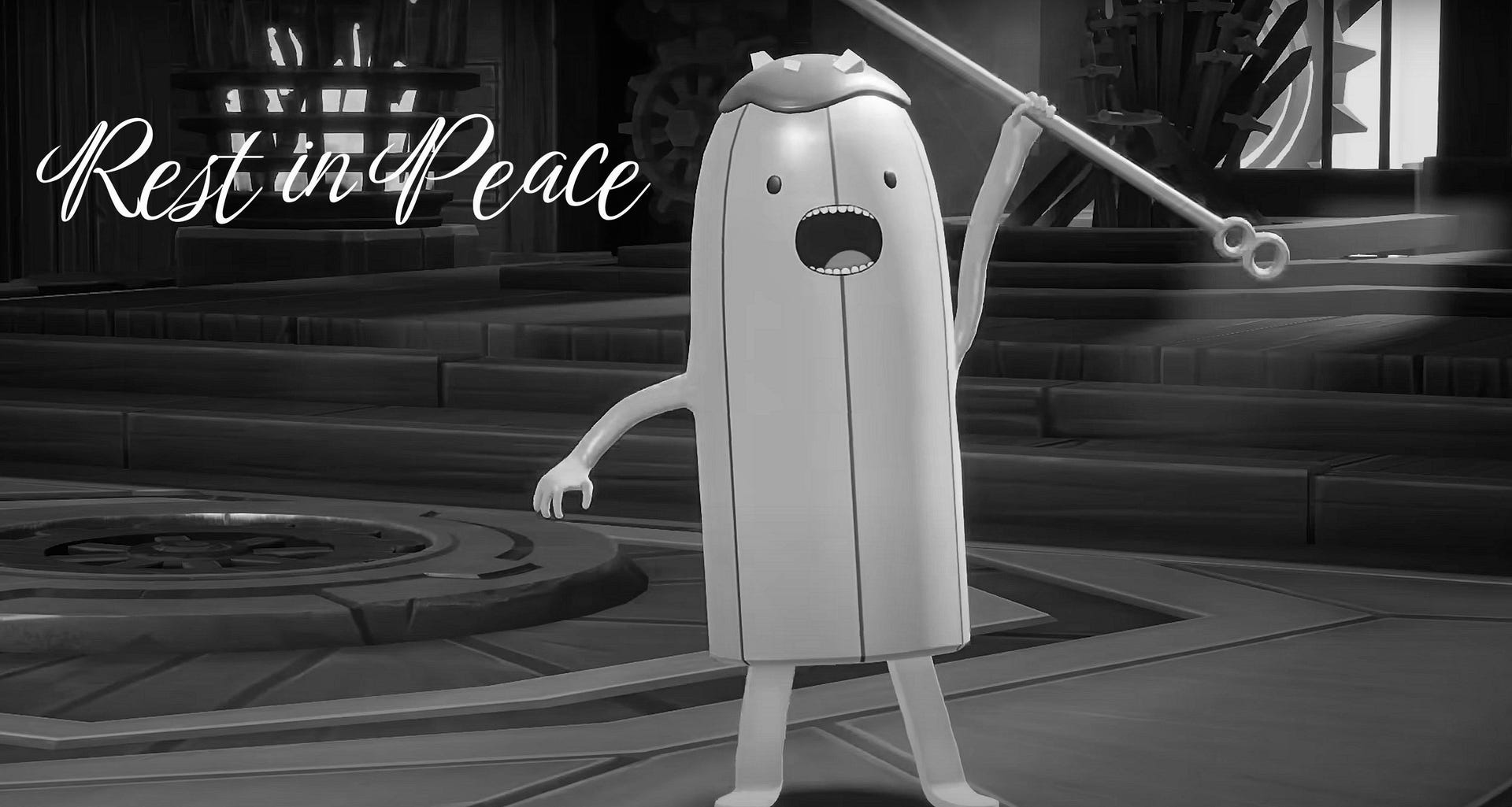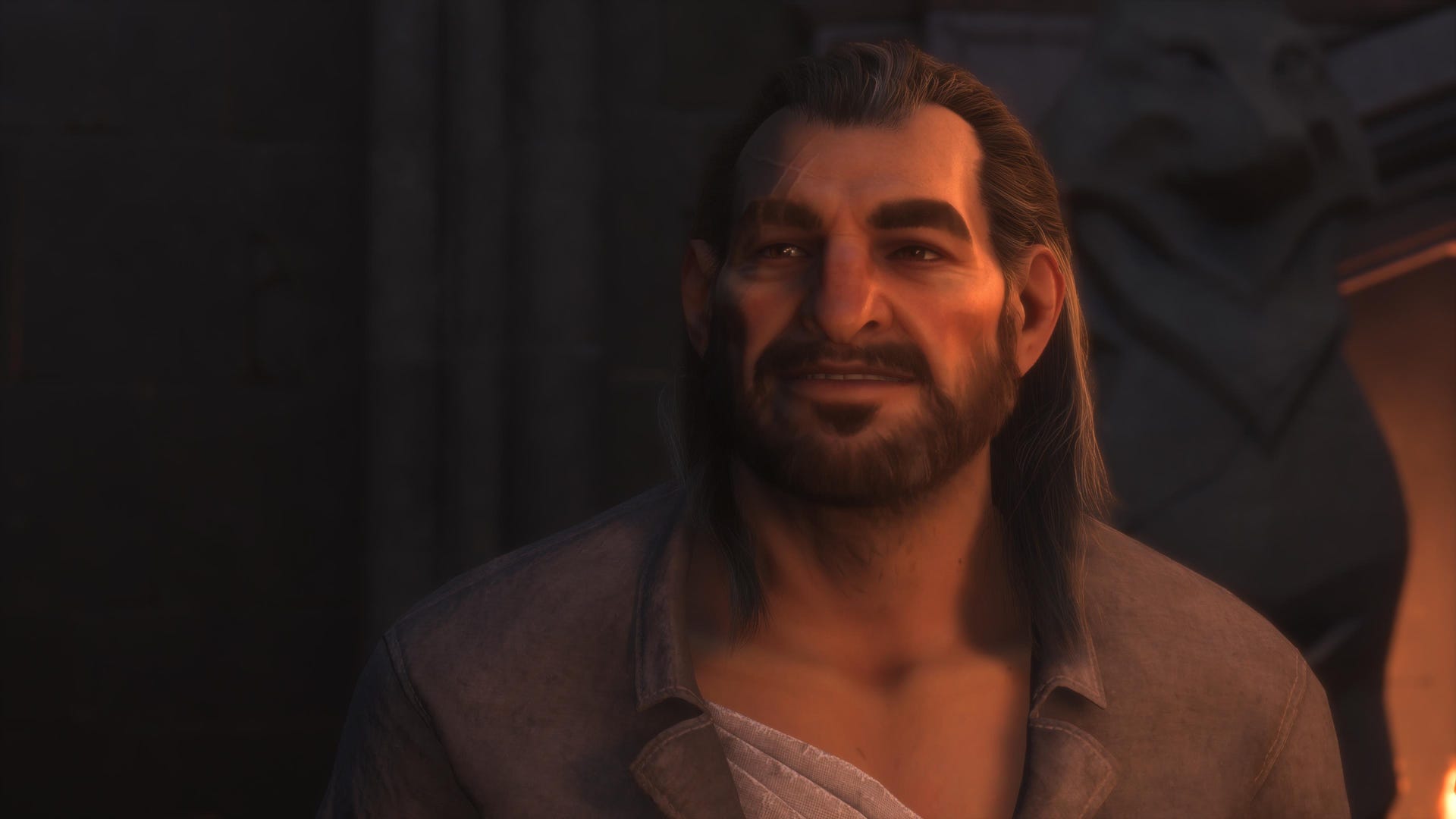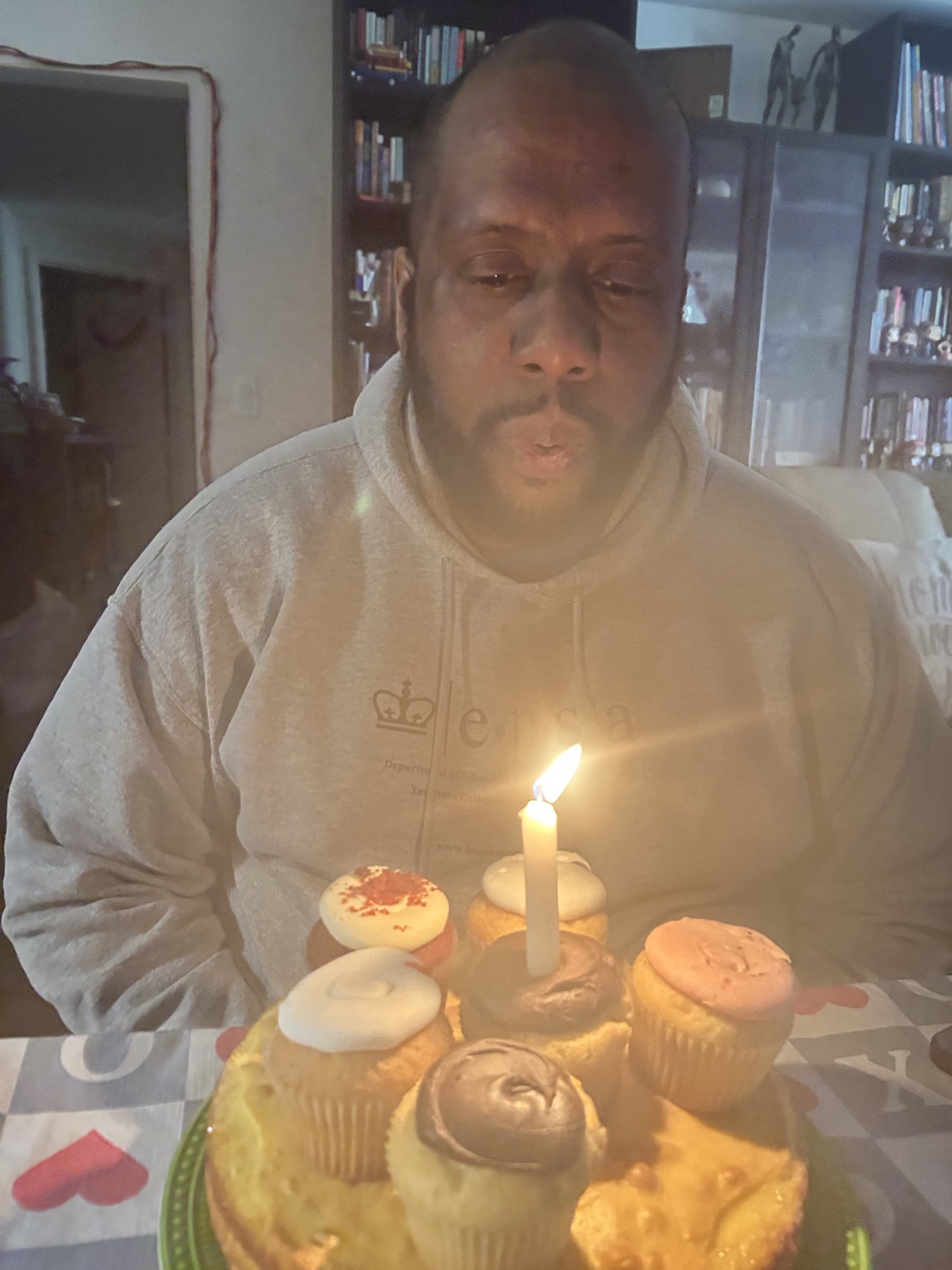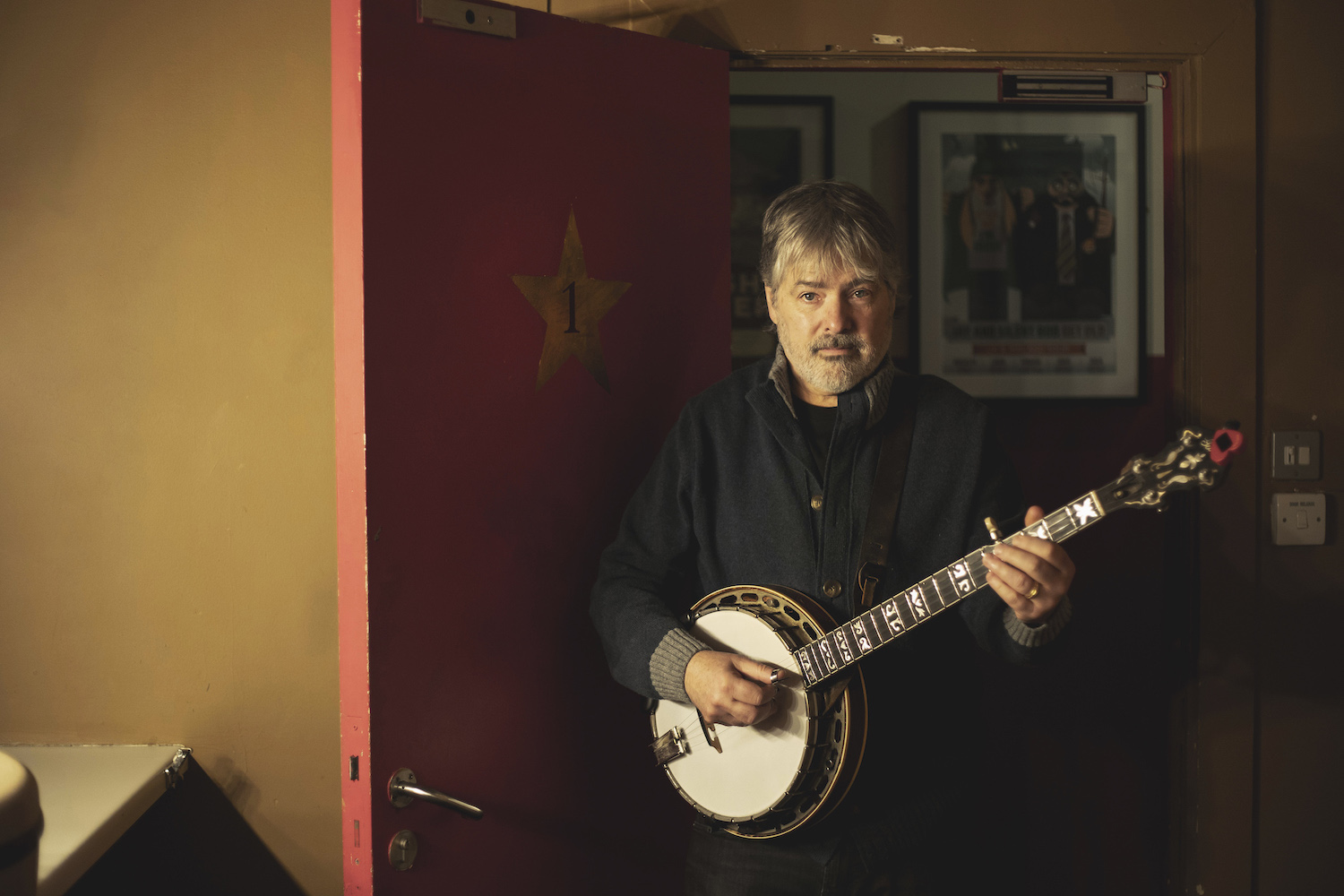Sundance So Far: Tame Stories Reflect an Indie World Battered by Economics, Culture Wars
The 2025 indie festival finds filmmakers tackling prickly material with a warmer lens — or avoiding it altogether The post Sundance So Far: Tame Stories Reflect an Indie World Battered by Economics, Culture Wars appeared first on TheWrap.

This year’s Sundance Film Festival has had a muted debut, with entertaining but not outrageous features on topics from LGBTQ family ties to a twin-death-themed dramedy grabbing the spotlight, and documentaries leaning into decidedly uncontroversial themes of music figures and celebrity biopics.
It’s a far cry from when Quentin Tarantino’s “Reservoir Dogs” burst onto the scene, or when adventurous fare like “The Blair Witch Project” and “Beasts of the Southern Wild” spurred filmmaking movements, and when charged movies like “Fruitvale Station” and “Get Out” demanded conversation.
Instead, writer-director Sophie Hyde’s gentle family tale “Jimpa,” starring John Lithgow as Olivia Colman’s gay father, is a moving portrait of love and acceptance, touching on trans issues in a gentle way.
Hyde said that was intentional. She told TheWrap she wanted to tell “a story about a family who love each other” despite their conflict and complications. “What we wanted to see is how it can be between people and and how it is between a lot of people. You wouldn’t believe it, if you just read the press.”
The Dylan O’Brien/James Sweeney dark comedy “Twinless” got a riotous reception at its laugh-filled premiere and is one of the most buyer-friendly films at the fest. O’Brien and Sweeney play strangers who meet at a twin bereavement group, and buzz for the commercial comedy is high.
Bill Condon’s “Kiss of the Spider Woman” also debuted at the fest, a remake of the 1985 classic starring William Hurt and Raul Julia, with this version starring Diego Luna as a political prisoner and his movie-loving trans cellmate, played by Tonatiuh, featuring Jennifer Lopez as three characters.
The film, which two knowledgeable individuals said had a production budget of $60 million, was an example of the unusual mix of choices at this year’s festival. Lopez performed Broadway-style choreography reminiscent of her live performances, but more than one studio buyer was seen walking out of the premiere. And the gender fluidity that seemed so daring in 1985 did not feel so cutting edge 40 years later.
At this year’s Sundance “the choices are more indie than usual,” observed the head of one independent distributor who declined to be identified. “We need more commercial work. Think ‘Little Miss Sunshine.'”
A pair of twists on romantic comedies have earned positive notices: “Oh, Hi!,” which takes some decidedly darker turns, maintains a fun and bubbly air as Molly Gordon of “The Bear” and Logan Lerman set out on a weekend getaway that goes awry. And “Together” is a bloody affair between real-life couple Alison Brie and Dave Franco that is sure to have genre buyers circling.
And yet, nothing is all that provocative. It’s hard to know if indie cinema is weighed down by its own ongoing economic struggles, or if a sense of defeat in the artistic community as the culture wars have raged has dulled the edge of independent film.
This year’s Sundance documentary lineup is largely marked by feel-good celebrity or music profiles like Ahmir “Questlove” Thompson’s “Sly Lives!” about Sly and the Family Stone, and films about comedian Pee-wee Herman (a.k.a. Paul Reubens), deaf actress Marlee Matlin, musician Jeff Buckley and astronaut Sally Ride.

Amy Berg, whose body of work includes “An Open Secret” about teenaged sexual abuse in Hollywood, said she has consciously chosen less confrontational subject matter . She directed “It’s Never Over Jeff Buckley,” about the American musician who died in 1997 at age 30, and has documentaries about musician Chris Cornell and activist and actress Sally Struthers in the works.
“I want to make films that are a little bit lighter right now,” Berg told TheWrap. “I’ve done my time in the darkness, and I feel like this is where I’m at right now. So I’m going to keep going with this.”
The sweet, dog-filled “Folktales,” about teens becoming adults as they train sled dogs at a so-called “folk high school” in Norway, was a good example of this softer-edged trend. The film, in Norwegian, shows anxious teens overcoming their fears in the Nordic wilderness; the premiere audience at Sundance laughed heartily throughout and erupted in wild applause.
The film is certainly compelling, but it’s a contrast to the early 2010s when “Blackfish” elicited outcry with its expose on the dark truth behind captured orca whales and “The Act of Killing” stunned audiences with its frank chronicle of individuals who participated in mass killings in Indonesia.
Other documentaries are touching on the politics of division, including “Bucks County,” a five-part series about a Pennsylvania community being torn apart by increasingly virulent activists in right- and left-wing issues – from COVID school closures to LGBTQ boundaries in school to book banning.
Similarly, “A Perfect Neighbor” examines a neighborhood in torment when an angry, older white woman shoots and kills her Black neighbor, a mother of four children, over an escalating, trivial dispute over an iPad.
One documentary that has touched nerves here is Bao Nguyen’s “The Stringer.”
A year after he premiered the music doc “The Greatest Night in Pop” at the festival (which went to Netflix), Nguyen’s new doc shocked the audience by challenging the authorship of one of the most famous photos in history — the picture of a Vietnamese girl running naked from a napalm bombing of her village in 1972. The film concluded that the photo was taken by a freelance Vietnamese photographer rather than Nick Ut, the Associated Press photographer credited with the image for the past 50 years. That photographer, Nguyen Thanh Nghe, was at the Sundance screening and participated in a Q&A after the film.
“I took the photo,” he said to applause.
Nguyen said he was grateful that Sundance “had the bravery” to show the film. “It’s very sensitive subject matter, and I do think it takes a lot of guts for Sundance. We were sent a cease and desist, which Sundance also received, and they stood by the film,” he told TheWrap.
Nguyen noted that he tends to work on documentaries that are more “audience-driven,” but said even “The Stringer” takes a Trojan horse approach to its difficult subject matter. “It takes the techniques that we would see in true crime and forensics procedural movies and brings it into the lens of a famous photograph,” he said.
Producer Lauren Haber, whose Amplify Pictures has the LGBTQ doc “Come See Me in the Good Light” at Sundance, noted that she’s worked on films with more upfront political messages – like Oscar nominee “Sugarcane” — but as celebrity, true crime and music documentaries are what’s selling, the approach from filmmakers has evolved.
“I think that those filmmakers and those messages aren’t going away,” she told TheWrap. “They’re just going to change and evolve into the kinds of stories that are getting more attention. So if you need a celebrity documentary to make a trans documentary, that’s getting seen.”

For “Jimpa” writer/director Hyde, the decision to focus her film on joy instead of dark struggle was a conscious one inspired by her own experience with her gay father and non-binary child.
And yet, Hyde couldn’t ignore the anti-LGBTQ rhetoric that spun up as she was finishing her film. “I had no idea that it would become so antagonistic towards trans people in particular. Maybe I was naive, because there were a lot of people saying that it was already very violent and antagonistic for them, but it felt like things were changing, and now we’re in a place where suddenly parents are at risk for loving and supporting their children.”
While the festival is only halfway through, thus far it seems that upbeat stories are what’s on the mind of indie storytellers today.
The post Sundance So Far: Tame Stories Reflect an Indie World Battered by Economics, Culture Wars appeared first on TheWrap.










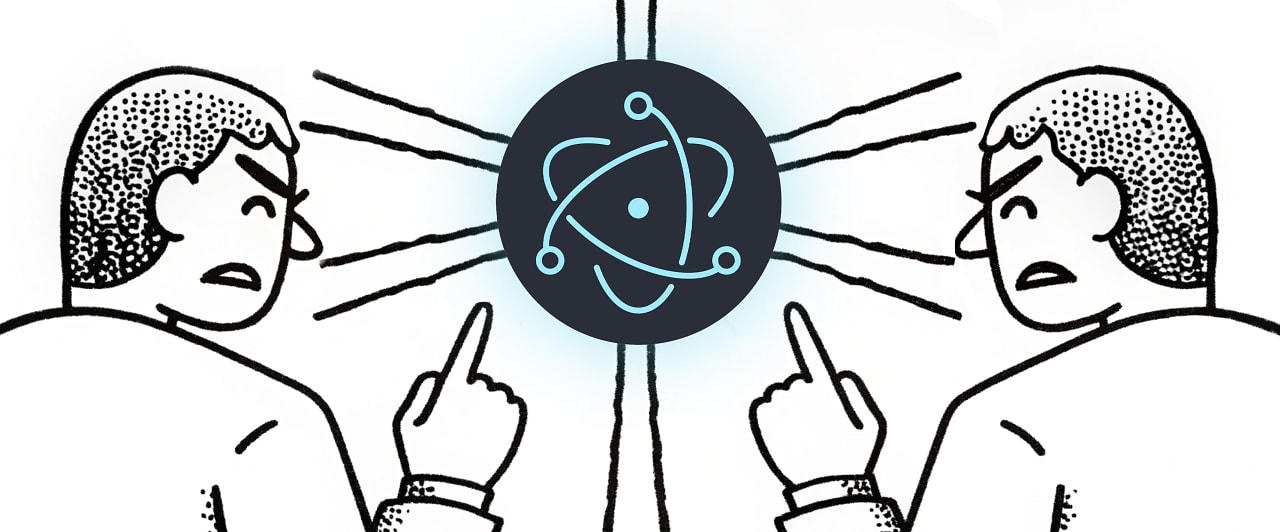


![From Gas Station to Google with Self-Taught Cloud Engineer Rishab Kumar [Podcast #158]](https://cdn.hashnode.com/res/hashnode/image/upload/v1738339892695/6b303b0a-c99c-4074-b4bd-104f98252c0c.png?#)







